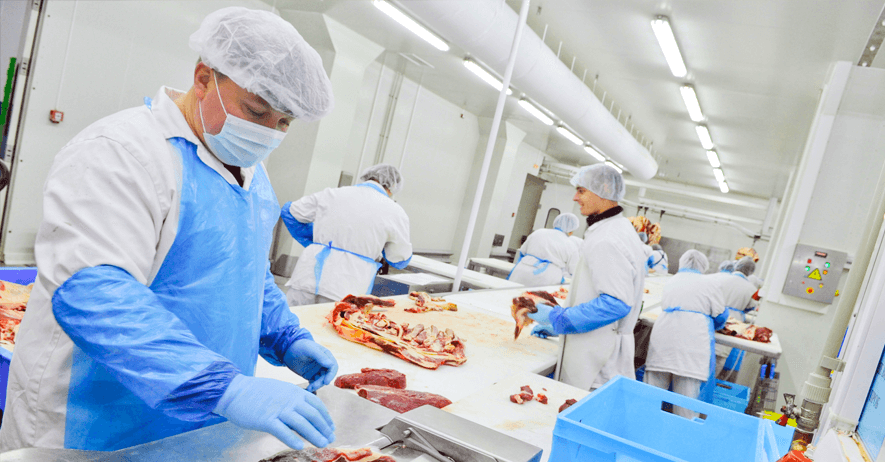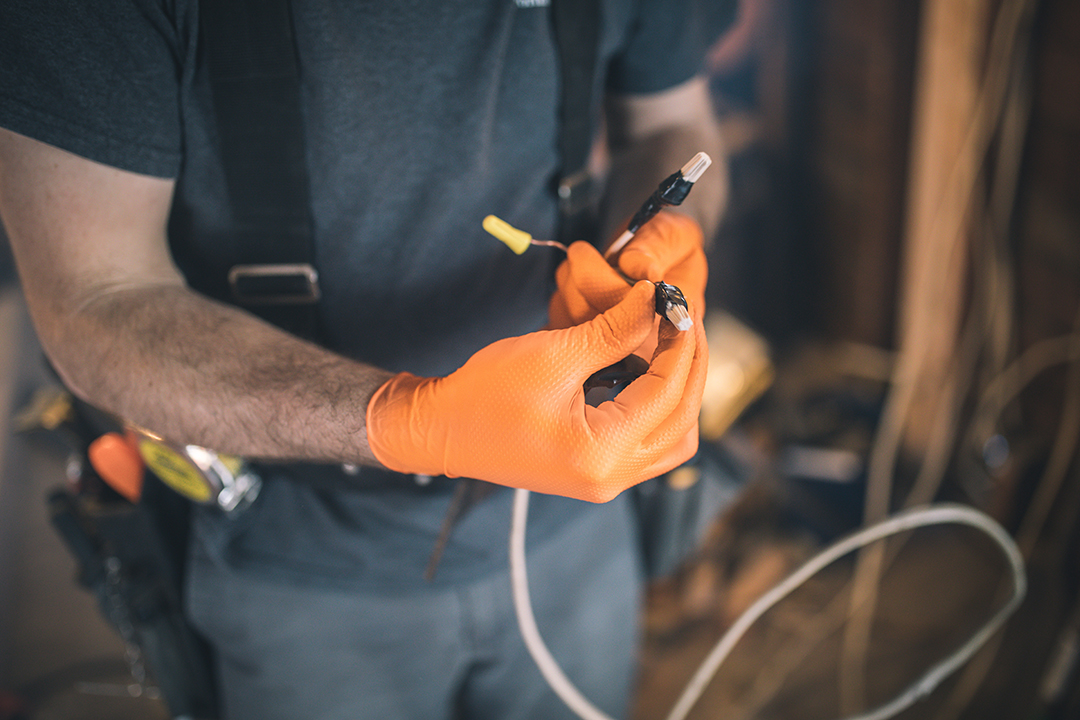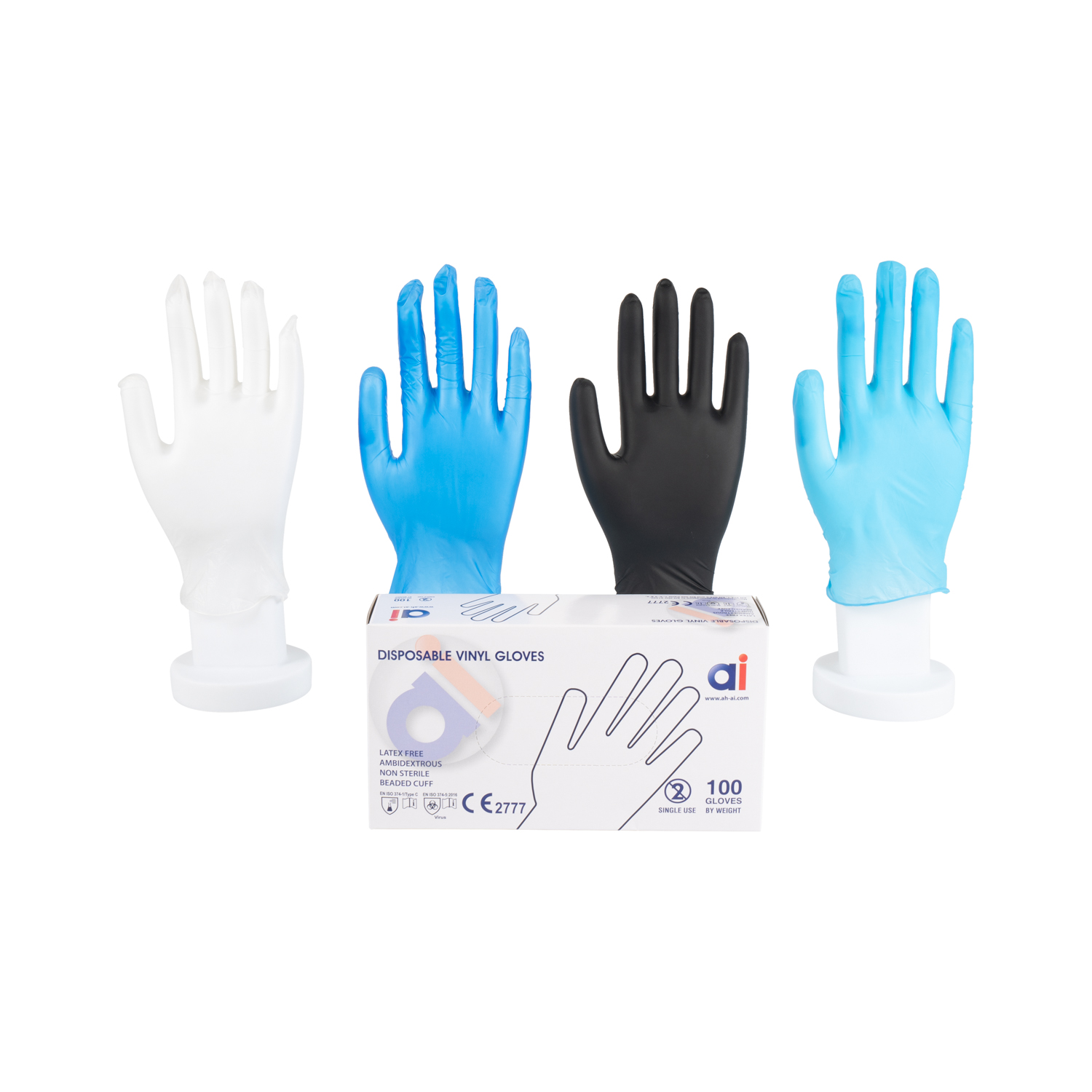
Since the start of the pandemic, meat processing plants have been deemed essential services around the world in order to maintain food supplies. However, outbreaks of Covid-19 at these plants are significantly higher in some countries than others; the US has been hardest hit with more than 180 meat and processed food plant outbreaks, accounting for over 26,000 infections and 95 deaths.
There are many reasons for this difference in virus transmission inside these plants including the enormity of those in the US, associated workers conditions, variable access to personal protective equipment (PPE) and protective measures such as temperature checks, plastic barriers between workers and social distancing meant to curb the virus’ spread. Other aspects of transmission have been linked to carpooling and other social environments shared by workers, including living arrangements.
Despite PPE implementation to prevent cross-contamination, such as face masks and visors, there remains a big difference in the degree of protective clothing worn in the US compared to New Zealand plants. As a predominantly export industry, New Zealand’s Meat and Poultry plants have adopted hygiene and PPE standards that are world class. To satisfy its customer requirements, government meat inspectors and company policies, the uniform approach in NZ is for full disposable clothing coverage to protect both the workers and the raw material meat products, with the pandemic highlighting the need for even extra coverage. This is in contrast to many US Meat plant workers who still wear both washable clothing without disposable protection, and cotton gloves to handle meat directly. Cotton gloves can contain loose threads which run the risk of contaminating meat products with foreign matter – both gloves and clothing would fail NZ Standards for meat handlers, and also fail its customer requirements for PPE use.
The New Zealand meat industry has sought PPE best practice advice from food safety specialists and government agencies, in order that their plants remain Covid free. Such is the influence of New Zealand’s meat industry on the country’s GDP, cases linked to workers could be catastrophic to the economy.
Eagle Protect provides disposable PPE into 80% of NZ’s meat production plants and has over 13 years experience in developing specific gloves and disposable clothing to meet the demands of meat and poultry process workers. One such example is a newly developed smock/gown with thumbloop sleeves which provides full back, front and arm protection, and negate the need for disposable sleeves. Coupled with long cuff gloves, these smocks provide the wearer with excellent protection against contamination and splashes. Eagle has developed this smock because of the current global shortage of non-woven clothing, including sleeves.


